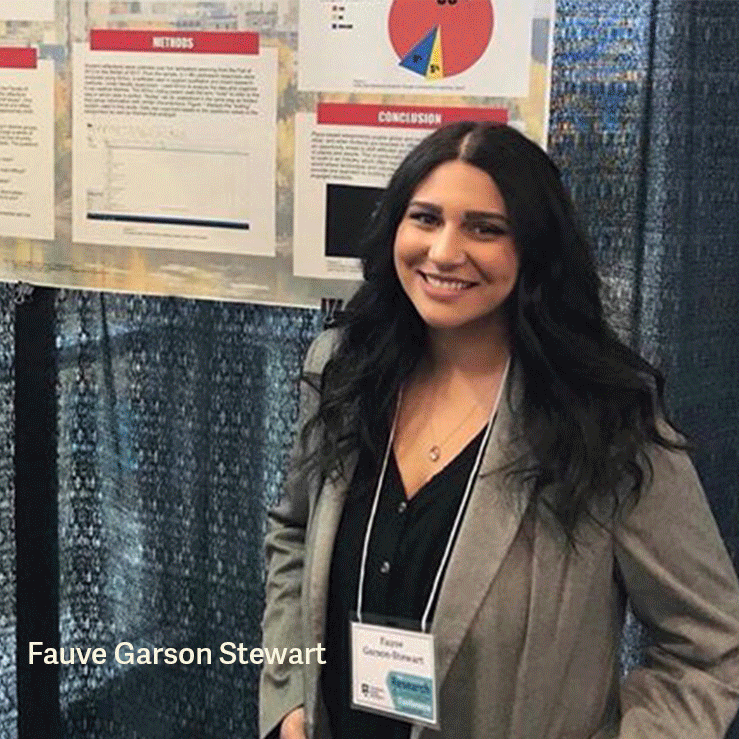 Eight students will spend the winter investigating original research questions, thanks to TRU’s flagship Undergraduate Research Experience Award Program (UREAP).
Eight students will spend the winter investigating original research questions, thanks to TRU’s flagship Undergraduate Research Experience Award Program (UREAP).
The program, which provides students with a $4,500 scholarship (along with up to $1,000 extra for operating funds) has been available since 2003, and is supported by the Comprehensive University Enhancement Fund.
So far this year, 27 UREAP scholarships have been awarded for a total investment of $120,000 in undergraduate research.
The UREAP is unique in that it moves students beyond the role of Undergraduate Research Assistant, and Research Apprentice, and gives them the opportunity to be principle investigators of their own unique projects.
“TRU provides a scaffolded approach for student involvement in undergraduate research. The UREAP — as our flagship program — is where we want to see students take all of the knowledge they’ve acquired in the early years, and apply it to create and disseminate their own knowledge,” said Sukh Heer Matonovich, Manager of Graduate Studies and Undergraduate Research.
The UREAP is a great stepping stone to becoming an Undergraduate Research Ambassador.
To qualify for a UREAP scholarship, students must have completed at least 60 credits, and have a minimum GPA of 3.2. Each student is mentored throughout the project by a faculty supervisor.
UREAP recipients include
- Jillian Coulter, “Participatory action research for culturally safe institutional responses to sexualized violence against international students.”
- Fauve Garson Stewart, “Analyzing characteristics of responsible tourism at natural events: A case study on the Adams River salmon run.”
- Laura Howard, “Auto ethnography: Journey in decolonizing and Indigenizing my teaching and curriculum.”
- Christopher Melvin, “Separation of Vitamins D2 and D3, and their metabolic derivatives 25-hydroxy-D2 and 25-hydroxy-D3 by Micellar Electrokinetic Chromatography.”
- Pia Pennekamp, “Emotion regulation and controllability beliefs.”
- William Primrose, “Matrix and pH effects on the degradation kinetics of xanthates in mining waters.”
- Megan Rolin, “The awareness of sexual violence policy within Thompson Rivers University students.”
- Emily Vilac, “Improving methods to predict cardiovascular disease in asymptomatic people.”

